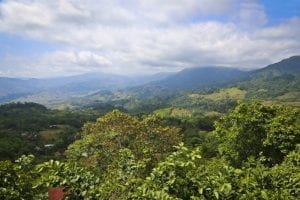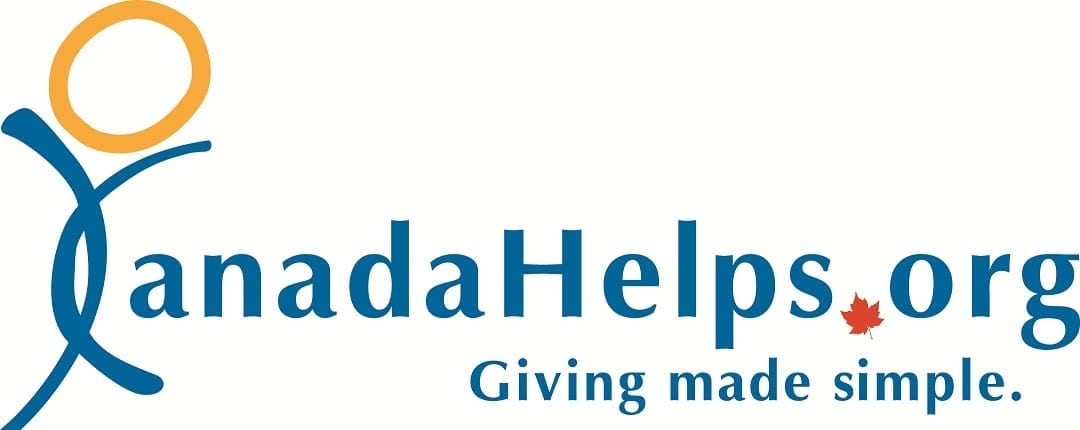
Camp Aftermath: What was you upbringing like?
Anonymous: I had a good family. There were five kids. There was always something to do, we were always moving, always shaking. We were military brats, so we moved all over the map. Then my mom and dad split up and my mom went with this guy and that’s when my childhood kind of turned. The first time in he hit me, I think I was probably around eight or nine years old.
I can’t remember when I moved out, I was sixteen or seventeen. And then I went to college and did engineering. I did construction engineering; I was always into carpentry. I went to university in the States for two years as well, in Alaska… I became a red seal carpenter.
Camp Aftermath: Why did you decide to join the military?
Anonymous: I remember being young and sitting on my gramp’s lap. We used to visit him every summer, and he was in World War II. He was injured pretty badly there. But I used to sit on his lap, and he would tell me all the things he did overseas.
To this day, I don’t think of it in terms of sacrifice. You know people say its giving back. And it is, but I still don’t think of it as giving, I just don’t think of it that way. I mean I did it for love of country and that’s what drove me: my grandfather, my dad, you know, but that’s only now that I am thinking back on it. I couldn’t actually tell you my thought process at the time when I joined the infantry.
CA: You were in the military for 10 years, why did you decide to devote yourself to a life of service?
Anonymous: I think it was always important to me, it just evolved into my thought process. I think I was meant to do it. I remember when we were building a school in Kosovo… I knew that I was supposed to do that, that’s just it. It was almost like I was supposed to be there, and I don’t believe that way either. But it was cool, you know? I was in Afghanistan a couple of times, Bosnia, Kosovo.
CA: At what point did you first experience PTSD symptoms?
Anonymous: I believe it was after one of my first tours, in Kosovo. It was then that I realized about the things that were happening to me, after I was done there. I was not sleeping and waking up with these feelings, and actually I still do. My hands were like extremely sore from being clenched all night. Whatever I do in my sleep at night, my knees are sore in the morning. I’ll completely lock-up my knees, my hands, my elbows. I’m just so tense.
It was swept under the rug then though. I never said out loud, you know what, this hurts. Being in the military, you walked down the street and made sure your chin was high, you burre was straight, your buttons were done. You didn’t limp even if you wanted to, you couldn’t. It was just like there was still no help for anybody and we didn’t want the help because we were taught not to get help.
It was mental, and I don’t call it pain really. I call it confusion. You’re just confused to death.
CA: How did you experience PTSD and what effect did that have on yourself and others in the military with you?
Anonymous: When we got home, I knew it was going to be a mess. Just listening to stories from the guys about coming back. I got arrested for drinking and driving. That was not an uncommon story.
We were all in the same mindset, we just sucked it up. I looked at another guy’s face and I could see that they had done something detrimental to another human overseas. I couldn’t even remember people’s name sometimes. But I kept going, continuous movement, that way I didn’t have time to sit down to think. And they don’t let you stop. I worried, if I did say anything, what are they going to think of me? I wake up in the middle of the night sweating and screaming sometimes, I can’t tell anybody that! They would think I was insane.
CA: When were you diagnosed with PTSD?
Anonymous: It was 2009, and I wasn’t sleeping at all. You know, I just stayed busy. I probably stayed awake for most of the three months I was home. I was a proverbial mess. I wasn’t eating, I’d never been into drugs or anything like that, but I was drinking.
I was just about to head overseas again and I get this ridiculous feeling to pack-up all my things and get an apartment overseas. As if I don’t need to come back here. Why would I come home? My daughter has her mom. My son has his mom.
I didn’t want to look at myself some days, because I’d let myself get to such a position where I let myself go. I was going overseas to protect people and keep their lives safe and I was treating myself like a piece of garbage. I just felt so, I don’t even know how to say it, I wasn’t right.
CA: So looking back now, what would you do differently?
Anonymous: Don’t be a coward. Don’t follow the people that are telling you not to look after yourself. You have to be smart, you have to figure it out. We have to be smarter as a group. We have to. I know it’s coming out, but there are still guys in units that are feeling sideways that they don’t know why. They know they’re sideways, their bosses know they’re sideways, but they don’t want to tell anybody.
It’s going to be heavy, but you need to stick with your guns and you need to absolutely stay true to yourself.
CA: What do you think about Camp Aftermath?
Anonymous: I think it is brilliant. I think that Camp Aftermath is going to be something that’s going to wake people up and have them, maybe get a little piece of the thing that is causing them pain. Maybe they can get a glimpse of it and they can start picking away at that big rock that’s in front of them, a little bit at a time.
You know, in the military sometimes people have done horrible things, but they’re not horrible people. It’s their job, they did it, and now they have to deal with it. I think that Aftermath is going to be a place for that, where people can get out of their head and they can actually look back at themselves and understand what kind of person they are now.
CA: Any final thoughts?
Anonymous: I just want to touch on the effects on family members of people suffering from PTSD. People need to understand what kind of world family members live in. A world of walking on egg shells and of not knowing what will trigger the person they love. A world where their loved ones will suffer and self destruct before their very eyes, but if they try to intervene they are scolded to the highest degree. This very week I treated my wife, the love of my life, this way. We argued and she gave me an ultimatum to sort out my shit or she would be leaving. You would think that this would cause fear inside me, losing the most important woman in my life. Instead, I began to think of how I would leave everything behind and move into our trailer. I did not think of winning this woman back or how to change but rather how to further isolate myself. This fact, the notion that I can leave everything I love behind at a notice, it eats away at me. What kind of person am I? How can walk away from all that I love?
You see the feeling of helplessness is the fire which drives this agony. I feel helpless to my emotions. My family feels helpless in how they can help me. It is this feeling of helplessness which if unchecked ruin the lives of those suffering from PTSD.

